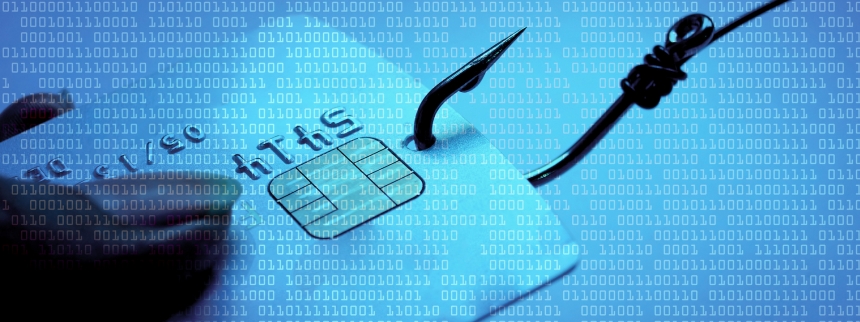
The FBI reports that email scams and phishing attacks are on the rise. It should no surprise that scammers are leveraging the COVID-19 pandemic as a means of attracting victims.
Fraudsters have been leveraging the opportunity to collect personal and/or corporate info by sending emails to unsuspecting victims that may contain web links to nefarious websites or have attachments (such as PDF documents) embedded with malware. The documents or links may also ask for your email or network credentials to authenticate to your account. DON’T BE TRICKED INTO DIVULGING YOUR PASSWORD, ACCOUNT INFO, or PERSONAL INFORMATION.
Victims have also been receiving emails from scammers who impersonate an individual or a corporate identity with whom you are familiar. The scammer uses a sense of urgency to lure the individual to immediately respond by email or smartphone texting. In some cases, the scammer is simply attempting to scam the victim out of money (like a gift card) or covertly collect personal and/or financial information for use at a later date. The scammer uses a familiar looking name with a phony email address and might even include a photograph.
This past week, the Diocese has received multiple reports that texts and emails have been received from a scammer impersonating Bishop Soto and pastors of the Diocese. The scammer has most likely been cleverly collecting email addresses and mobile phone numbers from such things as parish bulletins and related websites. PLEASE CAREFULLY SCRUTINIZE THE ADDRESSES AND PHONE NUMBERS YOU RECEIVE EMAIL AND TEXTS FROM. If you are not absolutely certain the email or text request is authentic, try to respond to the individual in person or call the individual using a phone number you know is correct.
It is frequently difficult to identify legitimate vs fraudulent email. However, email recipients must always be skeptical when reading and responding (or clicking on web links) to email in the days ahead.
If you have been scammed or compromised via the internet, you should file a complaint with the FBI’s Internet Crime Complaint Center at https://bec.ic3.gov. If you have any questions, don’t hesitate to contact the Diocese by sending an email to the Chief Information Security Officer, Philip DeLeon, at pdeleon@scd.org or calling (916) 733-0299.

